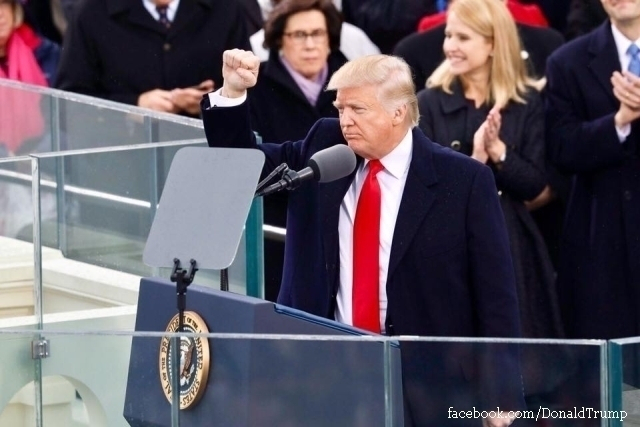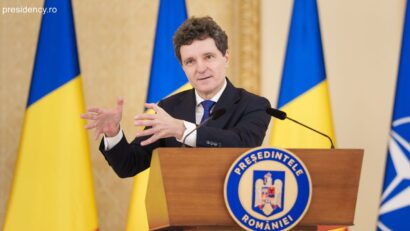The EU and Protectionism
The inauguration of the new American President, Donald Trump, puts the European Union in a delicate situation.

Florentin Căpitănescu, 27.01.2017, 13:24
With a weaker role on the international scene in terms of presence and influence, especially after the havoc wreaked by the economic and financial crisis, the European Union has become even more vulnerable in the wake of the election of the Republican Donald Trump as President of the US. Through his trenchant statements, according to which the EU is in for a gloomy future and that NATO is an outdated project, the new White House leader has caused concern in the European chancelleries.
Bound by a traditional partnership, treated as such during the two terms in office of Trump’s predecessor, Barack Obama, the EU and the US have lost mutual trust, as foreign policy commentators believe. This has also been intimated by the president of the Eurogroup (an informal body that brings together all finance ministers from the euro zone), Jeroen Dijsselbloem, according to whom the EU is going to be on its own in the coming years.
“Maybe thats what Europe needs to really work together in a better and more productive way to sort its own problems, to strengthen its own economic balance, its own defense situation, all of these topics. Its up to us now” said Jeroen Dijsselbloem who also cited opportunities for trade with Asia and even Latin America. The Eurogroup president also said that the EU would not be protectionist, of course in the context in which community standards are observed in such fields as labor force and the environment.
Attending the Eurogroup meeting, the European Commissioner for Economic and Financial Affairs, Pierre Moscovici, said, in turn, that some policies promoted by the new American President confirmed what he called a nationalist, protectionist tendency. Moscovici admitted that after Trump’s inauguration Europe is in a delicate situation but expressed hope that the community bloc would find the force to be stronger and more efficient.
According to foreign policy commentators, the Europeans’ concern is fueled by the fact that President Trump will attach more importance to the partnership with Britain, also from a commercial perspective. Such a partnership would help Britain deal easier with its breakup with the EU and carry out negotiations related to Brexit in different terms, while the free trade agreement between the EU and the US could be suspended for a long time, according to the same commentators.
(Translated by Lacramioara Simion)






























